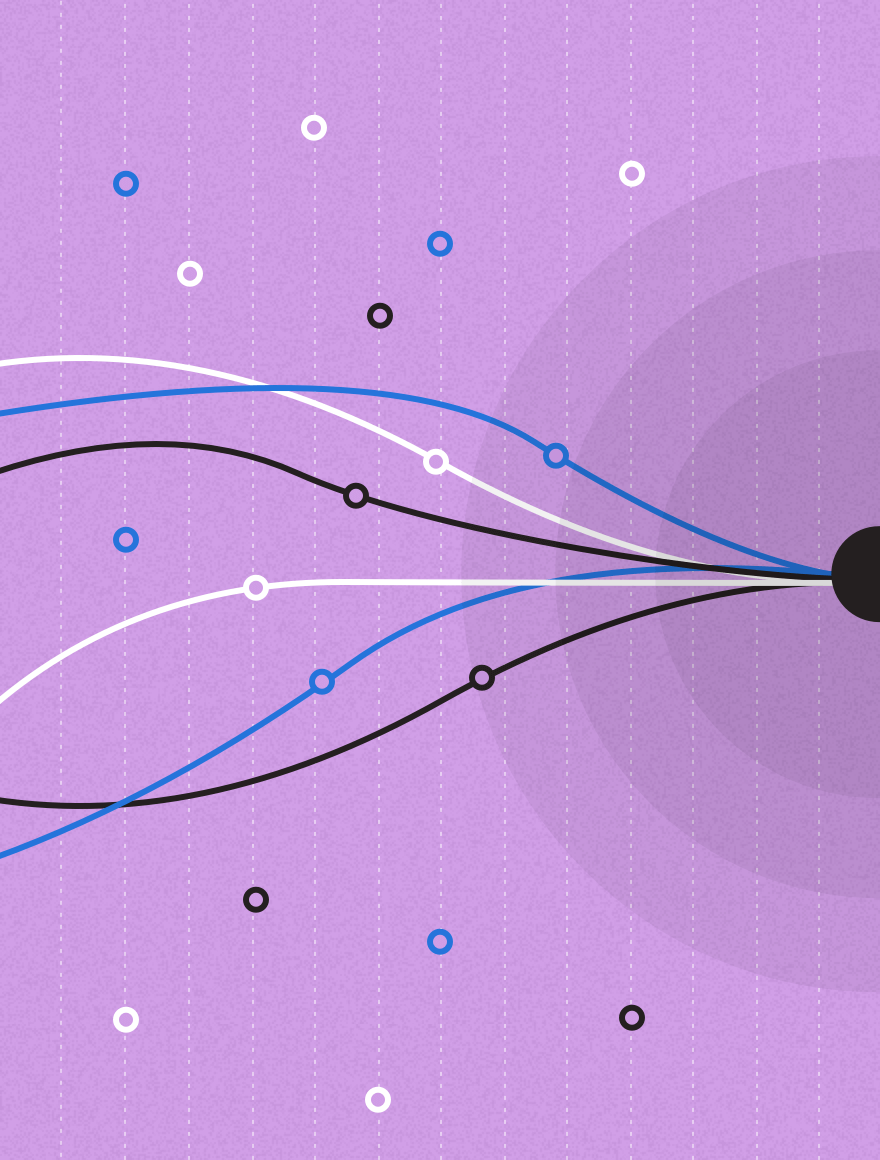[This is the third in a series on 6 Factors that are transforming B2B Sales in 2012. This factor deals with Social – and I have broken that down into four separate posts that will be published over the coming week.]
If Mobile is the needle, then Social is the thread.
Mobile makes information accessible anytime, anywhere, and can make information location sensitive. But Social weaves all of the information together, and we each get to create our own tapestry – being curators of information from multiple and varied sources, engaging and allowing us to shape, create, and co-create information in our own voice, and, amplify the voices of others – all in a global community.
Remember, it is not that long ago that we were all chained to the desk locked down by the desktop computer. In 2000, wireless networking did not exist, and social network sites had yet to emerge. For most people, information on the Internet was consumed, but not created.
Now as a new tapestry emerges, we get the opportunity to color our own patterns. The confluence of mobile and social has changed the dynamics of time, location and information. As we each move our own needle, we get the opportunity to weave personal and participatory shades with an immediate and synchronous rhythm.
And the rhythm is being amplified, causing waves that are being felt everywhere. Becoming increasingly social through their mobile devices, 24% of US adults look to the advice of their online virtual peers as they shop in the offline world, checking out product reviews on the Internet before they make a physical purchase. More than one in five post photos and videos from their phones and about a third engage in social network sites as they roam.
Social networks are the ties that bind us, and irrespective of race, income, or gender, two-thirds of us now use social networks, primarily to reach or communicate with friends, current and re-discovered, and stay in touch with family.
These behavioral developments started in the consumer world, but quickly transitioned to the business world. Remember, not all consumers are B2B buyers, but all B2B buyers are consumers. All business people – including both sellers and buyers – are consumers, and the lessons they learn in ‘consumer-land’ shape their thinking and expectations in ‘business-land’.
Social Business / Social Enterprise
A social enterprise used to be an organization that applied commercial strategies to maximize improvements in human and environmental well-being, rather than maximizing profits for external shareholders. This term has been hijacked in recent times – the main culprit being Marc Benioff, CEO of salesforce.com, which is perhaps interesting, given his impressive philanthropic record – to refer to the application of social media, social network, and collaboration technologies to business systems, particularly in the cloud.
Before salesforce.com appropriated the term Social Enterprise, or released Chatter, our research team had investigated how we could make our Dealmaker application ‘social’. What would be the impact if Dealmaker ‘tweeted’ (privately to you) every time there was an important change in a sales opportunity? That was the genesis of Dealmaker Pulse – back in late 2009.
We decided that Dealmaker Pulse should provide intelligent social networking for sales, with instant objective deal alerts, and allow sales people and leaders to benefit from keeping their ‘finger on the pulse’ of their selling organization and get instant knowledge of what is happening across their teams and deals.
Since then, with the development of Chatter, Jive, Yammer, and other social enterprise tools, sales people and leaders can now elect to follow opportunities, accounts and users, and their messages (or ‘pulses’ in our language) delivered in real time.
Above all, social should be collaborative, and our focus has since evolved to how we can use the intelligence of Dealmaker to inform the other social and CRM platforms with which we integrate.
Collaboration is important as it positions all parties on the same side of the table and helps to develop a trusting relationship. Trust needs to be at the center of the Social Universe, and I will discuss that in the next post.



